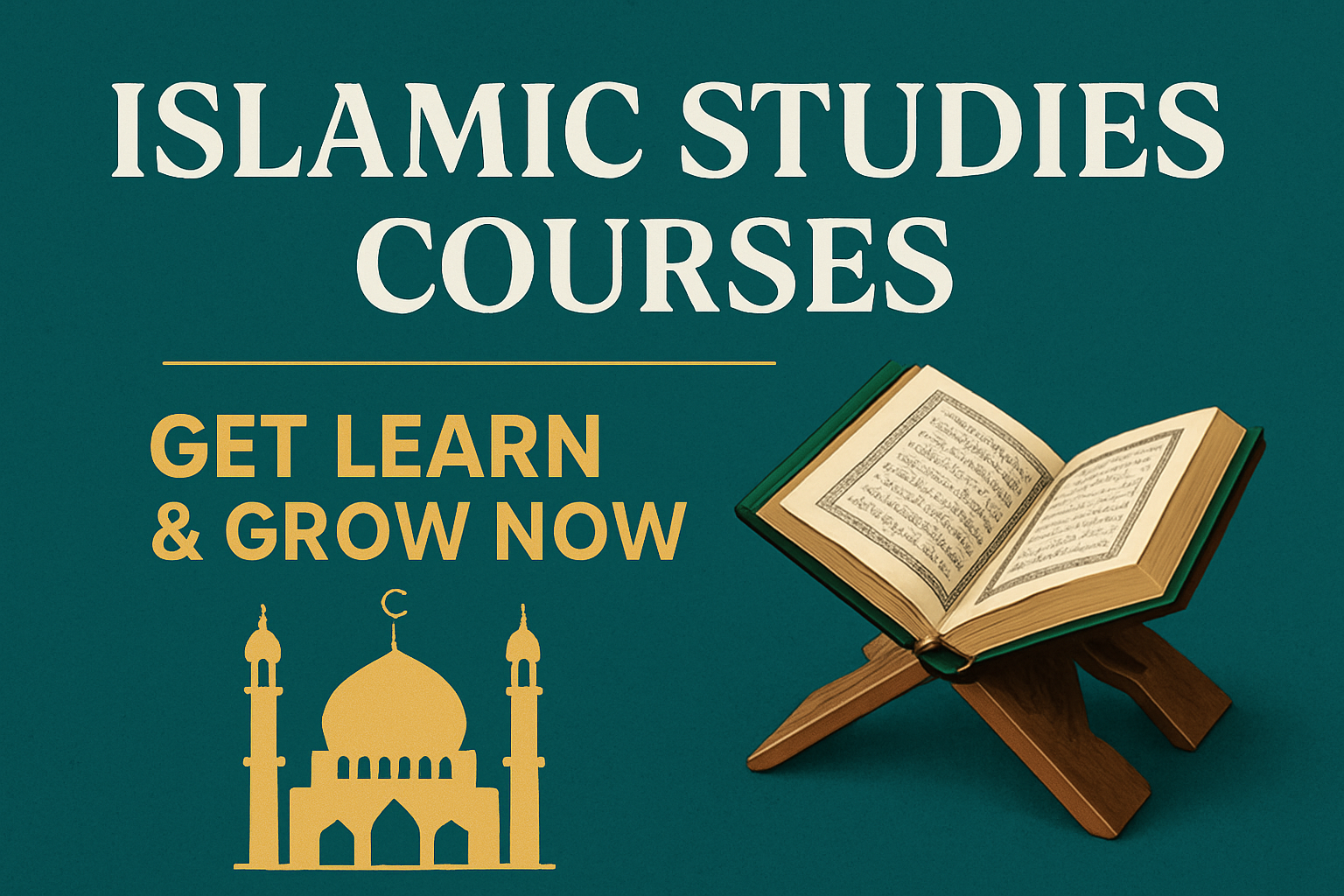Islamic Studies:
Faith, Knowledge & Practice
islamic studies online course. Aqeedah, Fiqh, Hadith, Seerah, Sunnah, Islamic History — and a special simplified track for children (Wudu & Salah).
📿 Book Your Free Trial Class 💰 View Pricing for Adults & Teens →📘 Complete Islamic Studies
One course covers it all — for men, women, teens, and children
Aqeedah
Islamic creed, Tawheed, articles of faith, and correct beliefs.
Fiqh
Practical jurisprudence: worship, transactions, daily life.
Hadith
Study of Prophetic traditions, explanation, and application.
Seerah & Sunnah
Life of Prophet Muhammad ﷺ and his established practices.
Islamic History
Golden Age, scholars, civilizations, and legacy.
For Women
Female teachers available. Comfortable learning environment.
For Men
Qualified male instructors, Azhar-certified scholars.
All Ages
Adults, teens, and children — each level adapted accordingly.
Building Faith from Childhood
A gentle, age-appropriate introduction to Islam. Stories, activities, and step-by-step learning.
📚 What You’ll Learn
Structured curriculum for beginners to advanced
Aqeedah & Fiqh
- Tawheed & its categories
- Pillars of Islam & Iman
- Purification & Salah
- Zakat, Fasting, Hajj
- Halal & Haram
Hadith & Seerah
- 40 Hadith (An-Nawawi)
- Hadith explanation & application
- Life of the Prophet ﷺ
- The Four Caliphs
- Lessons from Seerah
History & Spirituality
- Islamic Golden Age
- Muslim scholars & scientists
- Purification of the heart
- Character & ethics
- Contemporary issues
👥 For Everyone, Without Exception
Lessons tailored to your age, gender, and level
Men
Male teachers available. Azhar-certified scholars.
Women
Female instructors. Comfortable, same-gender classes.
Teens
Relatable topics, contemporary discussions.
Children
Simplified Shariah, Wudu, Salah, duas.
💰 Simple & Transparent Pricing
Same pricing as our adult & teen programs • 60-min sessions
🎁 Special Discounts
Book 3 months → 10% off
Book 6 months → 20% off
Enter discount amount in coupon field at checkout
🤔 Frequently Asked Questions
Everything you need to know about our Islamic Studies course
Do I need prior knowledge to join the Islamic Studies course?
No, the course is open to complete beginners as well as advanced learners. We customize the lessons according to your level.
Is there a separate track for children?
Yes! We have a dedicated simplified Shariah track for children that teaches Wudu, Salah, short Surahs, duas, and Prophet stories in a fun, age-appropriate way.
Can I request a female teacher?
Absolutely. We have qualified female instructors available for women and girls who prefer to learn in a comfortable, same-gender environment.
What is the lesson duration?
Each session is 60 minutes. For children, we can adjust to 30-45 minutes depending on age and attention span.
Will I receive a certificate?
Yes, you will receive a certificate upon completing each level of the Islamic Studies program.
Deepen Your Faith. Learn with Scholars.
Join hundreds of students worldwide studying Aqeedah, Fiqh, Hadith, and Seerah — with a special track for your little ones.
✨ No Credit Card Required • Cancel Anytime • All Ages Welcome

